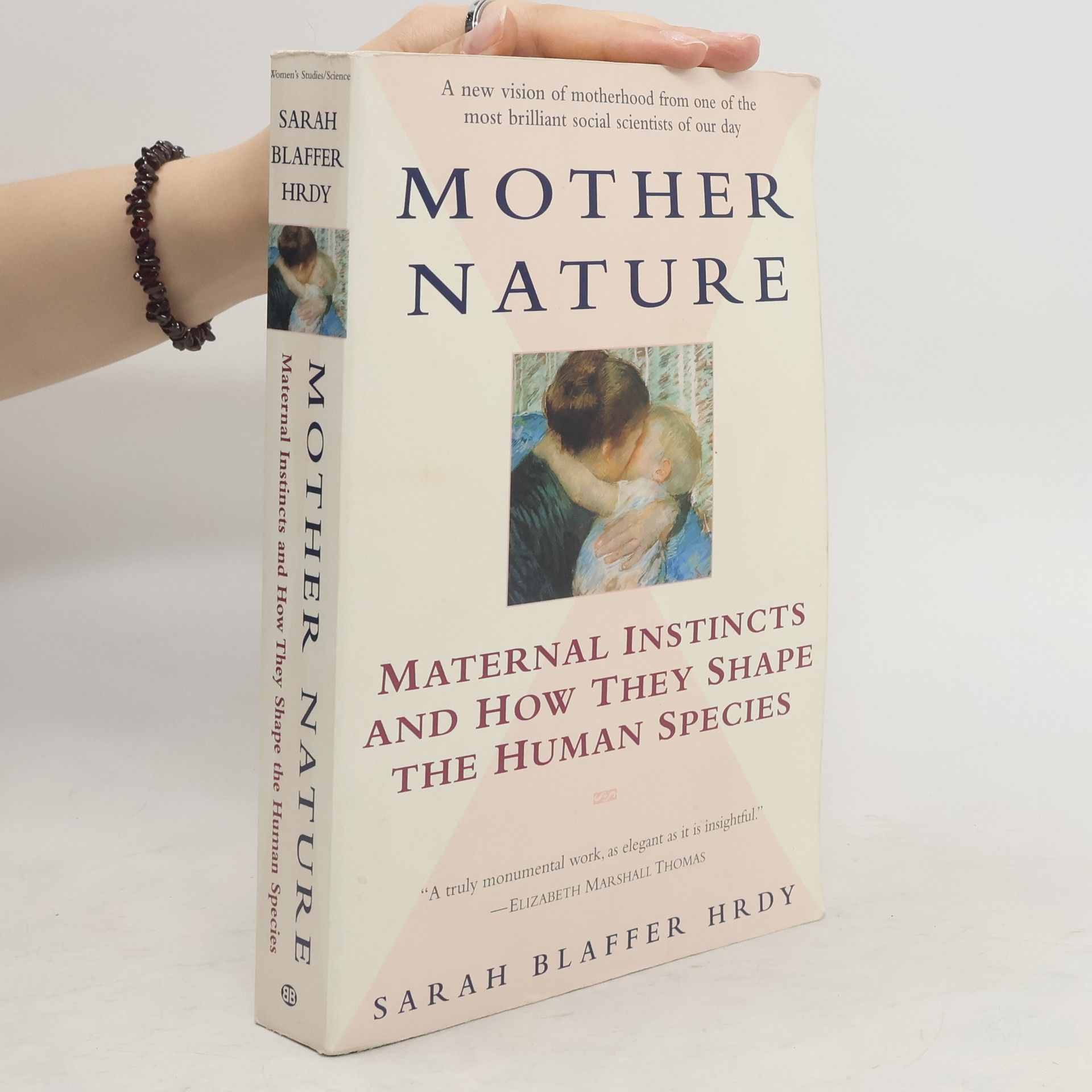Mother Nature
- 752pages
- 27 heures de lecture
"Mother Nature presents a radical new way of understanding how mothers act and why, and how this new understanding is changing the way scientists think about how evolution works." "Drawing on anthropology, history, literature, developmental psychology, and animal behavior, Sarah Hrdy examines the distinct biological and genetic elements that constitute maternal instinct. She strips away the biases implicit in conventional stereotypes of female nature to give us very different and provocative perspectives on maternal ambivalence, the links between maternity and ambition, mother love and sexual love, and she explains why age-old tensions between the sexes persist and are being played out today in efforts to control women's reproductive choices."--Jacket.





